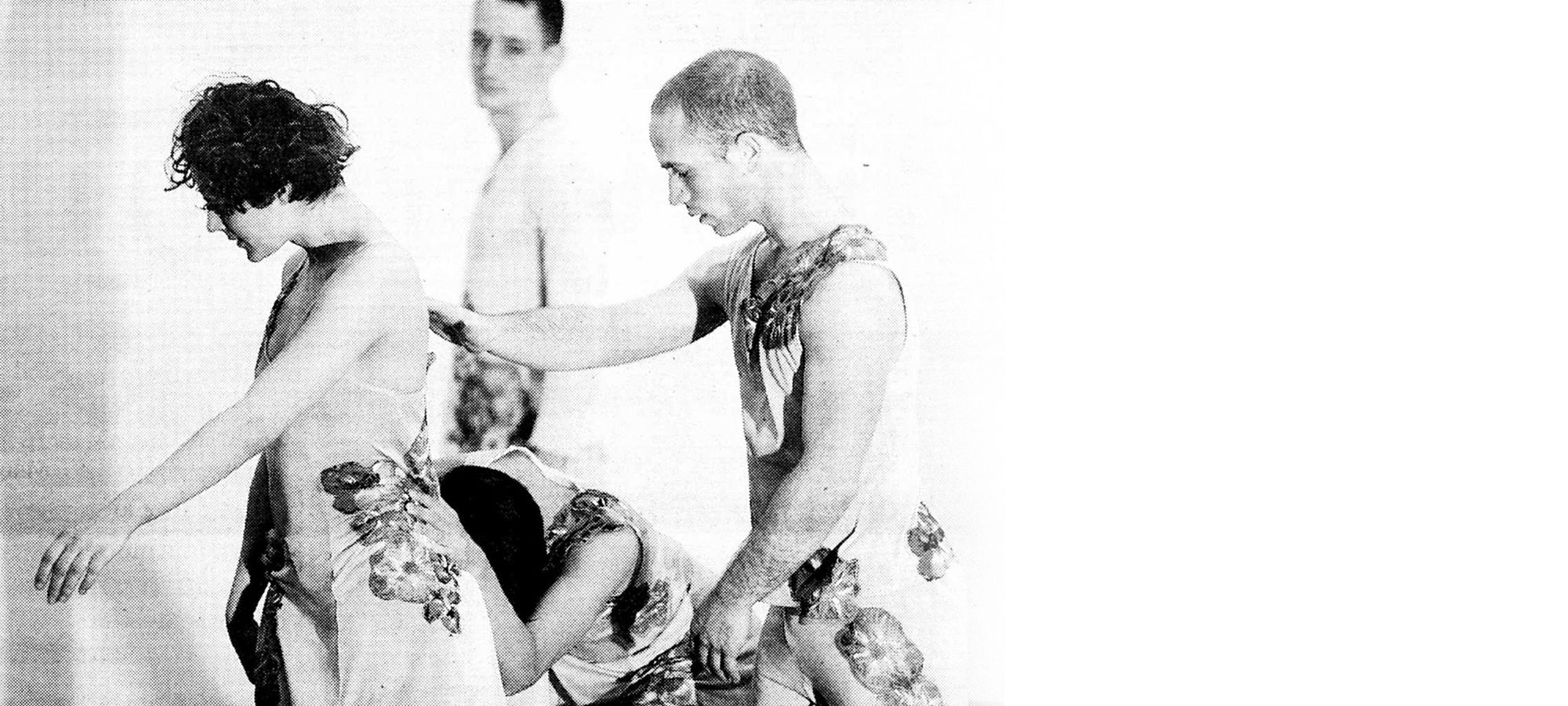
Aléa - Out side
From the start, Aléa incorporates the hypothesis of different bodies engaged differently in dance, as in life.
Originally a quartet, Aléa premiered in 2005 at Danse à Aix to compete in the Talents-danse encounter that Adami conceived as a dance competition. 3 choreographers each create a 20-minute work for 4 winners from different disciplines (theater, dance, circus). Kelemenis puts them on stage in maliciously braided movements.
The work is adapted in 2006 for 7 dancers from the CNSMD in Lyon. The dance swells and the increased number of dancers multiplies the choreography’s dynamics.
In 2007, it is entrusted to the dancers of the professional training program in contemporary dance at the Coline d’Istres, then to the Beijing Modern Dance Company for the cooperation program, Croisements, sponsored by the French Embassy in Peking.
At each revival, Aléa is adapted to the body movements and techniques new dancers bring.
For the first time in 2009, a work premiered by the choreographer outside of the company is integrated into the repertoire.
Echos
La Marseillaise Denis Bonneville
apr.2005
As luck would have it
A quartet conceived in uncommon circumstances. Within the framework of Talents Danse, a project initiated by Faizal Zeghoudi and under the auspices of Adami, Kelemenis, like Laura Scozzi and Christine Bastin, agreed to create a 20-minute work for 4 prize-winning dancers chosen by a jury that didn’t know who the chosen choreographers would be. The 3 quartets unite dancers from different backgrounds to work with choreographers who consequently didn’t "choose" them directly. "Confronted with this enormous unknown element, we tried to find in the very short time of 13 days a common place and a common language that would gradually get these very different bodies resonating together. It was very random, hence the title. I also had to be certain that my part in the program was indeed going to be truly mine," explains the choreographer. The results are rather convincing : dancers intersect diagonally or crosswise in interwoven and undulating patterns, and proceed to more complex combinations… Slowly, the 4 performers intermesh and then reveal their own personalities, first by setting the scene and appraising each other in games of seduction and repulsion, then in duels and trios that go from confrontation to probation. The music, chosen after the work began ("There again, it was the first time," laughed the choreographer), and written by Christian Zanési, is like an original film soundtrack : often touching, vibrant even, and filled with children laughing and talking. Like something ever so haunting, perfectly in line with this proposal, both spirited and fragile.


